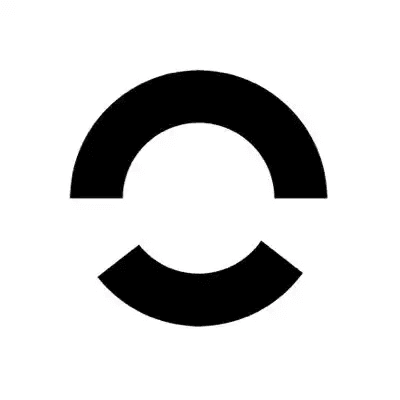How to Find My Bitcoin Wallet Address: A Comprehensive Guide

Finding Your Bitcoin Wallet Address: The Ultimate Guide
In the rapidly evolving digital currency landscape, Bitcoin stands as a trailblazer. Investing in Bitcoin can be exhilarating, but it often comes with questions and challenges, especially for newcomers. One common query is: how to find my Bitcoin wallet address? This elusive string of alphanumeric characters is critical for transactions and accessing your funds. In this comprehensive guide, we will demystify the process and provide valuable insights into the broader world of crypto wallets.
Understanding Bitcoin Wallets
Before we dive into the steps to locate your Bitcoin wallet address, it's essential to comprehend what a wallet entails. A Bitcoin wallet is a software application that stores your private keys—encrypted codes necessary to access your Bitcoin. Unlike physical wallets, Bitcoin wallets do not store physical coins; they maintain a record of your transactions on the blockchain.
Different Types of Bitcoin Wallets
-
Hot Wallets: These are wallets connected to the internet. Despite their convenience for transactions, they are more susceptible to hacking.
-
Cold Wallets: These provide offline storage, thereby offering enhanced security against unauthorized access.
-
Hardware Wallets: Physical devices that store your private keys offline.
-
Web Wallets: Accessible via browsers and managed by exchanges like Bitget Exchange for seamless trading.
-
Mobile and Desktop Wallets: Software applications for devices like smartphones and computers—perfect for handling smaller transactions.
Choosing the right wallet depends on your transaction habits and security preferences. Each type will have its unique interface for finding your wallet address.
Locating Your Bitcoin Wallet Address
Step 1: Open Your Wallet Application
To begin with, ensure you have downloaded the appropriate wallet application for the Bitcoin wallet you are using—be it a mobile app, desktop application, or web service. For instance, users trusting in cutting-edge security often opt for the Bitget Wallet.
Step 2: Navigate to the Receive Section
Once inside the app, look for an option labeled "Receive." Different wallets may place this option differently in their interface. Depending on your wallet type, this section might also be named "Deposit" or "My Address."
Step 3: Copy Your Bitcoin Address
In the receive section, your unique Bitcoin wallet address is provided as an alphanumeric string. Often, it is accompanied by a QR code that can be scanned for ease of payment transfers. Always double-check this address before copy-pasting it to ensure accuracy, as errors can lead to irreversible loss of funds.
Step 4: Secure Your Bitcoin Address
While the Bitcoin address itself is safe to share (it's like giving out your bank account number), you should never disclose your private key or seed phrases. Keep your wallet secure by enabling two-factor authentication and keeping backups.
The Role of Bitcoin Wallet Addresses
A Bitcoin wallet address functions like an email: it is used to send and receive crypto. Each transaction is traced back to this unique identifier. Wallet addresses can change with every transaction to enhance privacy, although older addresses remain functional as well.
Importance of Keeping Track
Tracking and organizing the incoming addresses can help in auditing your expenditures or donations, making it essential in maintaining clarity and transparency.
Troubleshooting Common Issues
Having trouble finding your wallet address can stem from several reasons:
-
UI Design: Some wallets have non-intuitive designs. Changes in UI from updates can lead to confusion but checking the help section or FAQ can guide you through.
-
Version Differences: Ensure your wallet application is updated. For older versions, features might be outdated or moved.
-
Compatibility Issues: Desktop and mobile versions can differ. Try accessing the wallet from a different device to check.
Future of Bitcoin Wallets
As cryptocurrencies continue to gain traction, innovations in wallet technology are on the horizon. Enhanced security measures, user-friendly interfaces, and better integrations with services like Bitget Exchange facilitate more seamless experiences for both novice and seasoned users.
In the digital financial frontier, understanding your tools is paramount. Whether it's securing your assets, knowing your wallet address, or making effortless transactions, every tidbit of knowledge plays a vital role. As you grow accustomed to the world of crypto, remember that staying informed equates to staying ahead.
Want to get cryptocurrency instantly?
Latest articles
See more




















